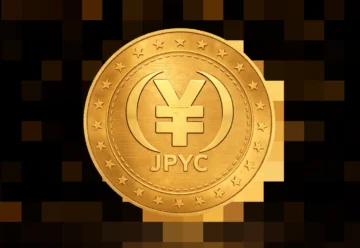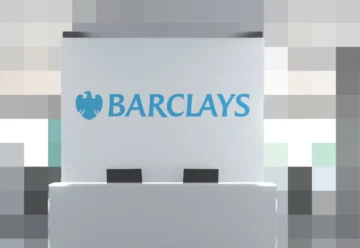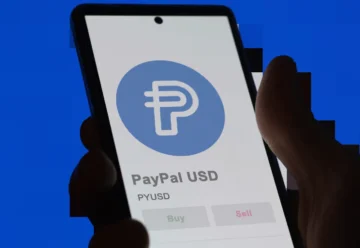Mastercard Expands Crypto Integration Into TradFi System

Mastercard is moving towards the development of real crypto products and the large-scale implementation of blockchain solutions in the traditional financial system.
The company is shifting from experimenting with digital assets to implementing real solutions. Mastercard is focusing on developing infrastructure for stablecoins, services for buying and withdrawing crypto via bank payments (on-ramp/off-ramp), and the Crypto Credential system, which will make crypto transfers more convenient and secure. This was reported in an interview with CoinDesk by Raj Dhamodharan, Head of Crypto and Blockchain at Mastercard.
Last week, Mastercard announced a partnership with crypto compliance company Notabene, through which the Crypto Credential system will be integrated into the SafeTransact platform, making crypto payments more convenient and secure. Specifically:
- users will be able to send cryptocurrency using familiar identifiers like email instead of complex addresses;
- the system prevents erroneous transactions by verifying whether the recipient supports a specific token;
- transactions will automatically undergo KYC and AML procedures.
Mastercard is also betting on the development of stablecoins and the tokenization of real-world assets (RWA). The company’s analysts believe that blockchain technologies will create an environment that bridges bank deposits and stablecoins. Work is already underway to expand institutional clients’ capabilities in using stablecoins for settlements.
Mastercard’s plans for 2025 include broader adoption of instant payments via blockchain and stablecoins, strengthening connections between the crypto industry and the banking sector, expanding the Crypto Credential system, and starting new partnerships to further integrate crypto payments into the global financial system.
Last year, Mastercard actively expanded its collaboration with the crypto sector. The Floki Card crypto card was launched within Mastercard’s payment network, available in 31 European countries. Additionally, the company partnered with Boost to accelerate the transition from cash to digital payments in the FMCG sector.











